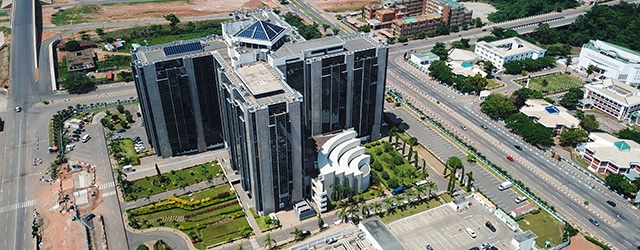Nigeria's central bank is trying to get the private sector moving.

The Central Bank of Nigeria is ratcheting up pressure on the country’s lenders to increase their financing of the real sector in a bid to stimulate growth in Africa’s second-largest economy. The CBN wants lenders to raise their loan-to-deposit ratio (LDR) to at least 65% by the end of the year, adding an extra five percentage points to a target it gave them in July.
In September, the central bank penalized lenders that fell short of the old 60% benchmark and made it the subject of quarterly reviews. About a dozen banks were debited a total of 499.1 billion naira, or $1.64 billion: the difference between their actual loans in the third quarter and what they should have lent based on their deposit levels. The funds are kept in a non-interest-bearing account, to be returned to the banks when they meet their loan targets.
In its July directive, the central bank said that to encourage small to medium-sized enterprises, retail, mortgage and consumer lending, these sectors would be given preference in computing the LDR. Whether the new lending directive will do the trick remains to be seen, but sluggish growth is a real problem for populous Nigeria. The economy grew 1.94% in the second quarter, down from 2.01% in the first. The government is targeting a growth rate of 2.93% for 2020.



